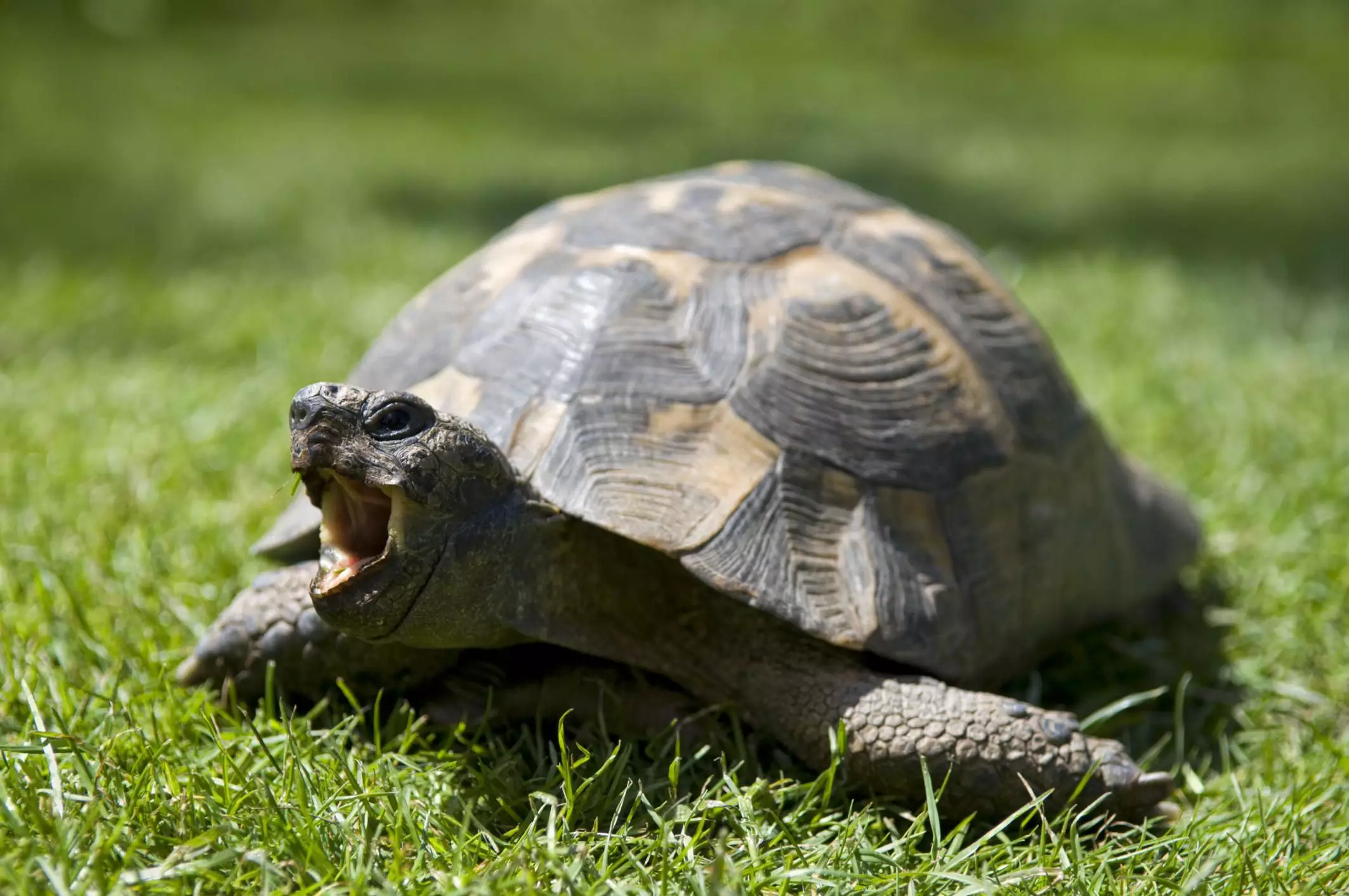Tortoises have become popular companions for many, delighting us with their endearing appearances and relatively quiet demeanor. However, before delving into tortoise ownership, prospective pet parents must be adequately informed about the unique requirements and longer-term commitment these creatures entail. This article explores various aspects of tortoise care, lifespan, housing needs, dietary considerations, and health issues, providing a comprehensive guide for anyone considering making a tortoise part of their family.
One of the most significant factors surrounding tortoise ownership is their extraordinary lifespan. With some tortoise species living up to a century, individuals must consider the long-term implications of their decision. Potential owners need to prepare for the eventuality that their tortoise may outlive them, requiring a strategy for its care throughout its life stages. This means ensuring reliable support and resources are available for the long haul—whether that involves finding family members willing to take over or researching local shelters that accept older tortoises.
Tortoises display unique behavioral patterns that are often misunderstood. While generally docile and shy, male tortoises can exhibit aggressive tendencies when housed together. This aggression can lead to severe injuries as they compete for dominance in confined spaces. For this reason, it is recommended to avoid keeping male tortoises together, and instead consider a mixed-gender environment if sufficient space is provided. Additionally, it’s crucial for owners to limit handling of tortoises, especially when they are young, as excessive handling can cause undue stress.
Providing an appropriate habitat is vital for a tortoise’s well-being. Tortoises, particularly larger species, require spacious outdoor enclosures that replicate their natural environment as much as possible. This means that climate plays a significant role in housing decisions. In regions with milder temperatures, outdoor living is feasible, but owners must remain vigilant about bringing indoor accommodations into play during colder weather. Special attention should be paid to the construction of the enclosure, reinforcing walls and ensuring they are buried to prevent escape attempts by burrowing tortoises.
Safety from predators, including common household pets like dogs, is paramount, as is the elimination of hazardous items from the enclosure. Owners should check for poisonous plants, removable objects that could be ingested, and any structures that might cause the tortoise to topple and injure itself.
Tortoise diets are diverse, requiring careful consideration to maintain optimal health. Each tortoise species has specific dietary requirements that may include various vegetables, fruits, hay, and specialized commercial foods. It’s essential to focus on maintaining a balanced calcium-to-phosphorus ratio for healthy shell development and overall well-being. As some species may have particularly aggressive appetites, owners must budget for adequate food supplies and dedicate time to meal preparation, understanding that diet plays a critical role in the animal’s health and longevity.
Pet tortoises, like all reptiles, can be susceptible to various health issues. Respiratory infections, which are particularly common in tortoises coming from wild environments, may manifest as lethargy, weight loss, or excessive mucus discharge. Early detection is essential in managing such infections, so keeping a watchful eye on any changes in behavior or appearance is crucial. If a respiratory infection does occur, consultation with a qualified veterinarian is necessary for proper diagnosis and treatment.
Another prevalent health issue among tortoises is metabolic bone disease (MBD), which stems from inadequate dietary calcium or lack of exposure to essential UV light. Symptoms include difficulty moving, shell deformities, and an overall decline in vigor. To mitigate these risks, owners should ensure that dietary adjustments are made, alongside providing adequate sunlight or UV lighting.
While owning a tortoise can be a rewarding experience filled with opportunities to form unique bonds, it does come with challenges that prospective owners must consider. From their exceptional lifespan and specialized care requirements to attention to health needs, tortoises demand a considerable commitment that resembles more than just traditional pet ownership. Thus, thorough research into the specific tortoise species, environmental requirements, dietary needs, and overall care practices is essential for anyone considering adding a tortoise to their family. By understanding these factors, potential owners can ensure that both they and their new shelled companions enjoy a long, healthy life together.

